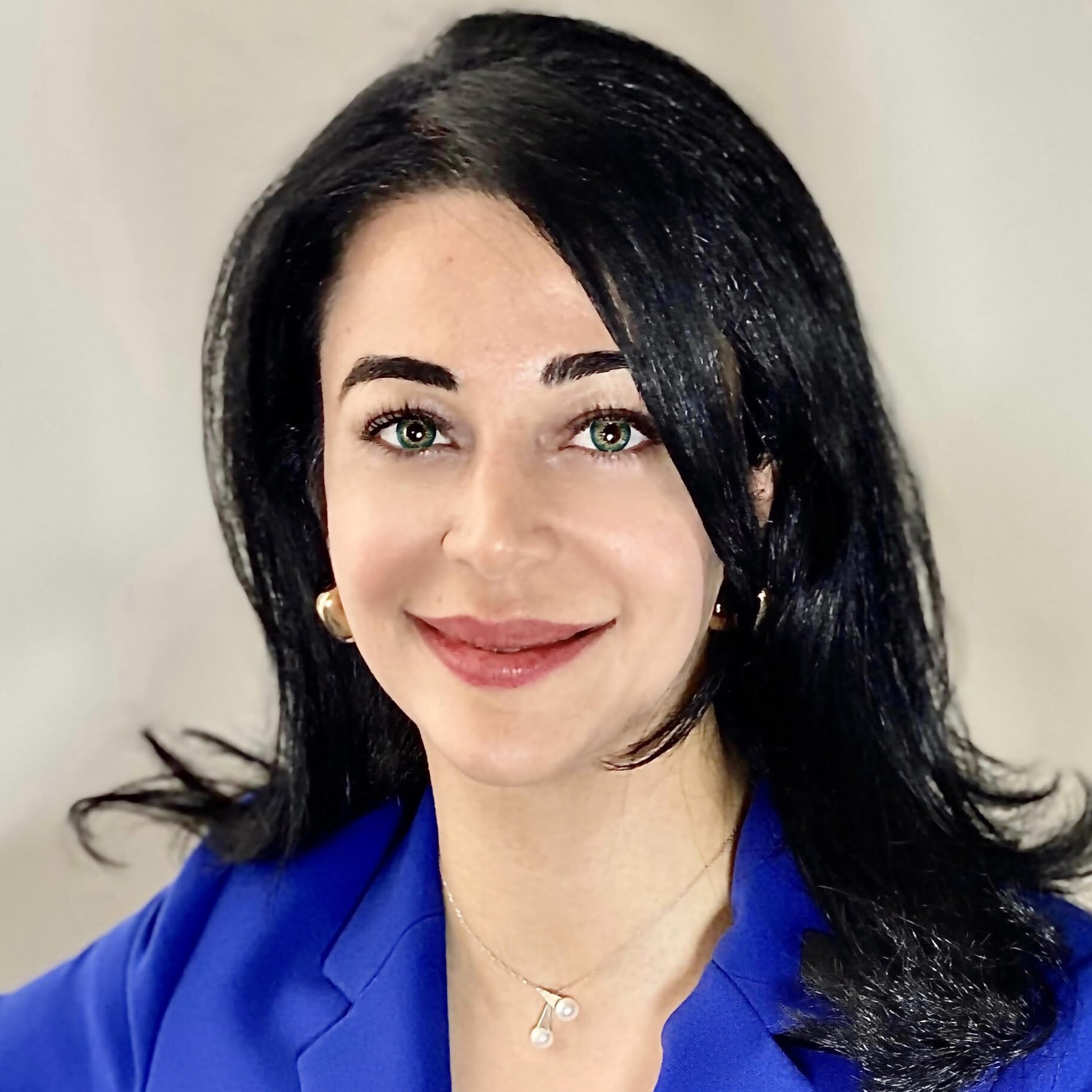Omar is the founder & CEO of Ramadan Tent Project (RTP), a non-profit organisation established in 2013 with a mission of bringing communities together to better understand each other. For the past 15 years, Omar has worked with and consulted several community projects, NGOs, civic organisations, and international governments on interfaith dialogue, community cohesion, public diplomacy, soft power, and sports diplomacy.
The Covid-19 pandemic is changing how countries assess and deploy soft power. The virus has made foreign aid a more public tool in this respect. Now we have new diplomatic terminology such as “mask diplomacy”, “Covid diplomacy”, “pandemic diplomacy” and, latterly, “vaccine diplomacy”.
With more than 15 years’ experience in community cohesion, interfaith-dialogue, and soft power, Dr Omar Salha has discussed with MEMO how the pandemic affects the exercise of soft power around the world.
“There are several terms that we have been getting more familiar with in the past months. Obviously, the key one is soft power. Soft power ultimately is the attraction to a particular idea, to the other, to a particular space or way of thinking or a brand or a nation, and the ability to attract the other to do what you want them to do without the use of force, through non-coercive means. Soft power was first coined by academic Joseph Nye.” French Philosopher Pierre Bourdieu’s “symbolic violence” is very similar to soft power.
Even though the politics of personal protection equipment (PPE) have successfully mended and strengthened diplomatic relations, and inspired global distribution, during the first months of the pandemic more than 50 countries limited or banned PPE exports. Salha believes that nation-states were torn between global and national interests.
“With Covid-19, we have been seeing new behaviour from nation-states, and new attitudes as a result of this challenge being faced all around the globe. In terms of changes, countries were closing their borders. They were focusing in-house rather than outward. From Madrid to Paris and from Rome to Stockholm, the nation-state now seems to be experiencing an incredible renaissance. Borders are back.”
He underlined the fact that the Covid vaccine boosts China’s soft power. It has joined a UN-backed global scheme for the distribution of Covid-19 vaccine despite US sanctions imposed by President Donald Trump.
Meanwhile, a new poll published by McKinsey Global Survey finds that responses to Covid-19 have speeded up the adoption and use of digital technology by several years and that many of these changes could be here for the long haul. According to Salha, Covid-19 has accelerated digital diplomacy as well.
“Diplomats have been asked to become advanced users of virtual platforms. The practice of meeting face to face, shaking hands and carrying out diplomatic functions in person has been replaced by virtual video conferences, without the close personal interaction traditionally deployed.”
Nevertheless, Covid-19 shows us that there must be solidarity. One of the most effective examples of this is the wearing of face masks. Those which were sent to Britain by Turkey last Friday, along with protective clothing, were accompanied by a quote by Sufi mystic Rumi: “After hopelessness, there is much hope and after darkness, there is the much brighter sun.”
The British Ambassador to Ankara, Sir Dominick Chilcott, tweeted a video message on Saturday, thanking Turkey for its support. “The ambassador also praised Turkey’s leadership in the fight against the coronavirus around the world,” explained Salha, “as it is voluntarily sending aid and medical supplies to countries in need.”
According to Salha, the Covid-19 pandemic is a wake-up call for multilateralism. “Countries created borders during the pandemic. However, a virus knows no borders. All countries have been affected. We must remain united in our shared humanity. The fight against this global pandemic, which is taking so many lives and challenging our societies, requires more and enhanced international cooperation and worldwide solidarity.”
READ: Lawyers urge UK government to secure furlough from prison for UK-Iran national











